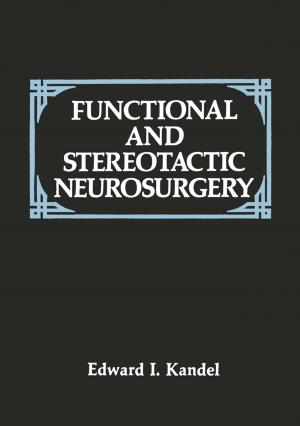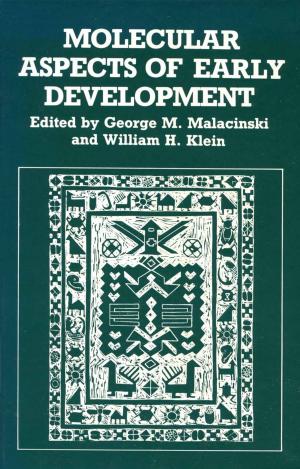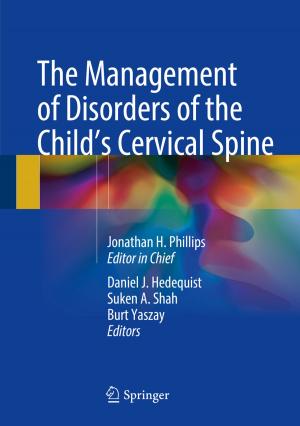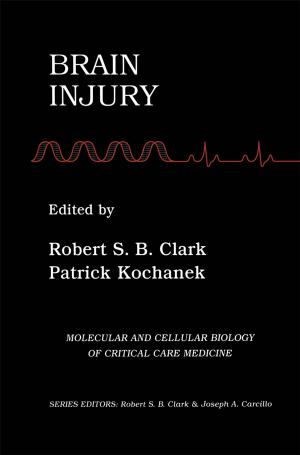Immunology and Blood Transfusion
Proceedings of the Seventeenth International Symposium on Blood Transfusion, Groningen 1992, organized by the Red Cross Blood Bank Groningen-Drenthe
Nonfiction, Health & Well Being, Medical, Specialties, Internal Medicine, Hematology, Medical Science, Immunology| Author: | ISBN: | 9781461530947 | |
| Publisher: | Springer US | Publication: | December 6, 2012 |
| Imprint: | Springer | Language: | English |
| Author: | |
| ISBN: | 9781461530947 |
| Publisher: | Springer US |
| Publication: | December 6, 2012 |
| Imprint: | Springer |
| Language: | English |
In transfusion medicine the scientific fundamentals of immunology have had a considerable clinical impact. Transfusion may suppress the immunity but some patients could suffer disadvantages including GvHD, alloimmunisation and possible cancer, where white cells (WBC) play pivotal roles in this phenomenon, presenting antigens and producing cytokines. A clinical application of this practice is LAK-cells targeted against cancer. MHC on the WBC may provide additional immunological modulations through series of secondary messengers. Thus reduction of WBC in the blood and bone marrow may be advantageous for patients. On the other hand, sharing a part of MHC or making the transplanted white cells anergic by storage may be even more advantageous for patients. CMV infection could mimic part of this MHC.
UV radiation is effective in the inactivation of the WBC although filters are easy means for such removal. However, their accurate quantification requires flow cytometry that has considerable potential application in blood transfusions. Idiotypic antibody could play an important role in platelet theory. However, the potential infection risks in transfusion like HIV and HCV remain, but application of molecular biological methods like PCR or RT/PCR has great potentials in detection of infectious diseases, transplantation and genetic disorders. Immuno affinity purified concentrates, like factor IX and protein C, could reduce patients' immune functions, where in the future protein C could be derived from transgenic animals. Advances are sure to emerge through adoptive immunotherapy and gene therapies are exciting prospects when genes transferred into lymphocytes could be used to correct cell mediated immune deficiency, as in ADA.
In transfusion medicine the scientific fundamentals of immunology have had a considerable clinical impact. Transfusion may suppress the immunity but some patients could suffer disadvantages including GvHD, alloimmunisation and possible cancer, where white cells (WBC) play pivotal roles in this phenomenon, presenting antigens and producing cytokines. A clinical application of this practice is LAK-cells targeted against cancer. MHC on the WBC may provide additional immunological modulations through series of secondary messengers. Thus reduction of WBC in the blood and bone marrow may be advantageous for patients. On the other hand, sharing a part of MHC or making the transplanted white cells anergic by storage may be even more advantageous for patients. CMV infection could mimic part of this MHC.
UV radiation is effective in the inactivation of the WBC although filters are easy means for such removal. However, their accurate quantification requires flow cytometry that has considerable potential application in blood transfusions. Idiotypic antibody could play an important role in platelet theory. However, the potential infection risks in transfusion like HIV and HCV remain, but application of molecular biological methods like PCR or RT/PCR has great potentials in detection of infectious diseases, transplantation and genetic disorders. Immuno affinity purified concentrates, like factor IX and protein C, could reduce patients' immune functions, where in the future protein C could be derived from transgenic animals. Advances are sure to emerge through adoptive immunotherapy and gene therapies are exciting prospects when genes transferred into lymphocytes could be used to correct cell mediated immune deficiency, as in ADA.















